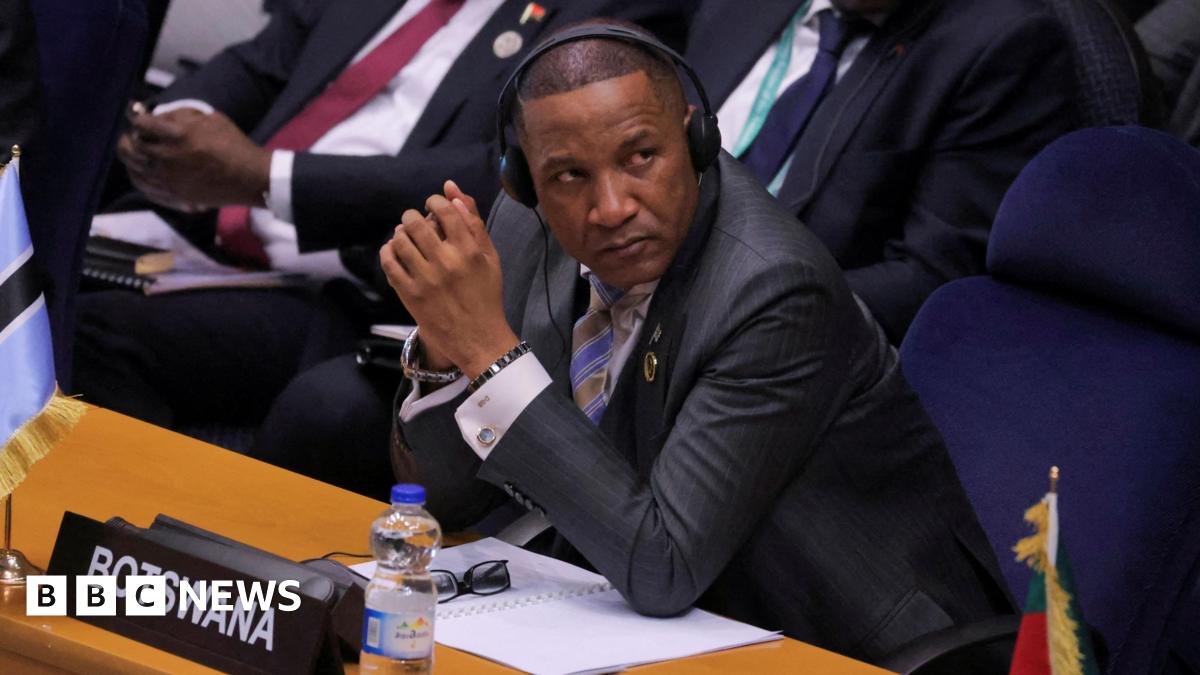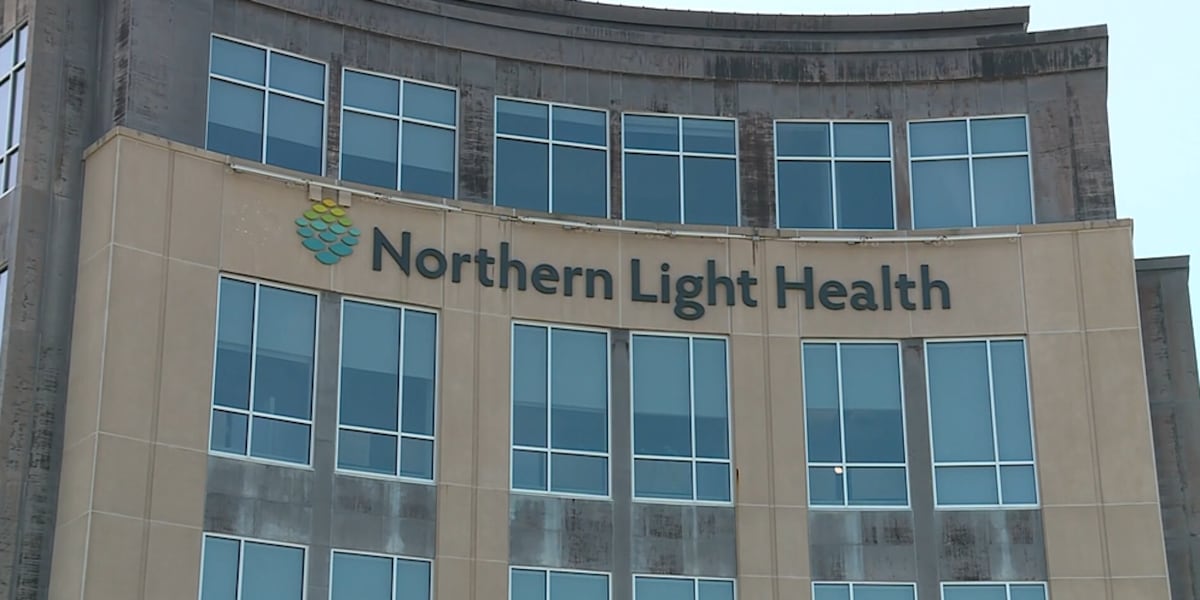Botswana Declares Public Health Emergency: Urgent Action to Tackle Critical Medicine Shortages

Botswana Faces Crisis: National Public Health Emergency Declared Over Medicine Shortages
Gaborone, Botswana – Botswana has officially declared a national public health emergency following a severe shortage of essential medicines and vital medical equipment. The announcement, made by President Duma Boko in a televised address on Monday, underscores the gravity of the situation and signals a commitment to swift and decisive action.
The crisis has left healthcare facilities struggling to provide adequate care to patients, impacting a wide range of medical treatments and procedures. The shortage isn't limited to a few specific drugs; it encompasses a broad spectrum of essential supplies, raising serious concerns about the nation's ability to respond to both routine and emergency healthcare needs.
A Multi-Million Pula Plan for Recovery
President Boko outlined a comprehensive, multi-million Pula plan aimed at rectifying the broken supply chain. A key element of this plan involves bringing in the Botswana Defence Force (BDF) to oversee and expedite the procurement and distribution of medicines and equipment. This military oversight is intended to cut through bureaucratic delays and ensure that supplies reach those who need them most, as quickly as possible.
“This is an unprecedented situation, and we are responding with the urgency and seriousness it demands,” stated President Boko. “The health and well-being of our citizens are our top priority, and we will not rest until this crisis is resolved and our healthcare system is fully restored.”
Addressing the Root Causes and Looking Ahead
While the immediate focus is on addressing the current shortages, the government has also pledged to investigate the root causes of the supply chain failures. This includes examining procurement processes, distribution networks, and potential vulnerabilities that allowed the crisis to escalate. Experts suggest that factors such as global supply chain disruptions, logistical challenges, and potential inefficiencies in the procurement system may have contributed to the problem.
The government’s plan also includes measures to strengthen the national pharmaceutical stockpile, diversify supply sources, and improve inventory management practices. Furthermore, there's a focus on enhancing collaboration between government agencies, healthcare providers, and private sector partners to ensure a more resilient and responsive healthcare system in the future.
Impact on Citizens and Healthcare Providers
The public health emergency declaration comes as a relief to healthcare providers who have been struggling to cope with the shortages. Doctors and nurses have been forced to make difficult decisions about rationing medicines and delaying treatments, impacting patient care and causing significant stress within the healthcare system.
Citizens are urged to remain calm and to seek medical attention when necessary. The government is working tirelessly to restore the supply of essential medicines and equipment, and updates will be provided regularly to the public.
The situation in Botswana highlights the fragility of global supply chains and the importance of robust healthcare infrastructure. It also serves as a stark reminder of the need for proactive measures to prevent similar crises from occurring in the future.





